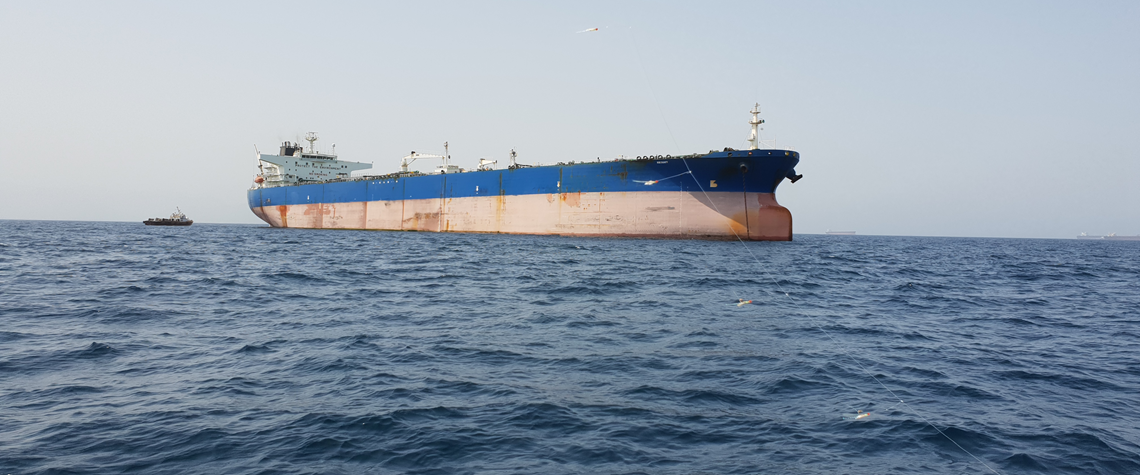Dangerous dance in the Gulf
The US and Iran have thus far reacted to a string of provocative moves more in word than deed, but the potential for miscalculation is high
The summer has passed without any of the direct military clashes in the Gulf between US and Iranian forces that many had feared. But the autumn holds scant prospect of an early resolution of the crisis, and thus for reducing the risk of even an accidental misstep into war. And two external factors risk further ratcheting up the tension—the impact of the United Arab Emirates' (UAE) withdrawal from the battle against the Iran-backed Houthis in Yemen; and the 2020 US presidential election. Any number of incidents over the past few months could have triggered a military confrontation in the Gulf. President Donald Trump in June came close to ordering airstrikes against Iranian targets in retaliat

Also in this section
4 March 2026
The US president has repeatedly promised to lower gasoline prices, but this ambition conflicts with his parallel aim to increase drilling and could be upended by his war against Iran
4 March 2026
With the Strait of Hormuz effectively closed following US-Israel strikes and Iran’s retaliatory escalation, Fujairah has become the region’s critical pressure release valve—and is now under serious threat
3 March 2026
The killing of Iran’s Supreme Leader Ayatollah Khamenei in US–Israeli strikes marks the most serious escalation in the region in decades and a bigger potential threat to the oil market than the start of the Russia-Ukraine crisis
2 March 2026
A potential blockade of the Strait of Hormuz following the escalating US-Iran conflict risks disrupting Qatari LNG exports that underpin global gas markets, exposing Asia and other markets to sharp price spikes, cargo shortages and renewed reliance on dirtier fuels







